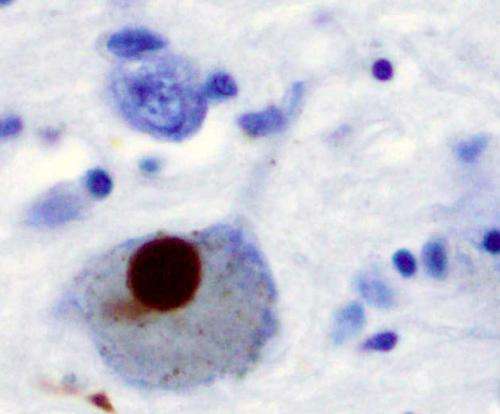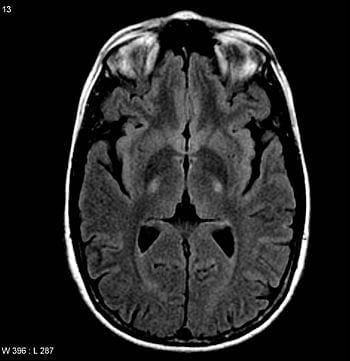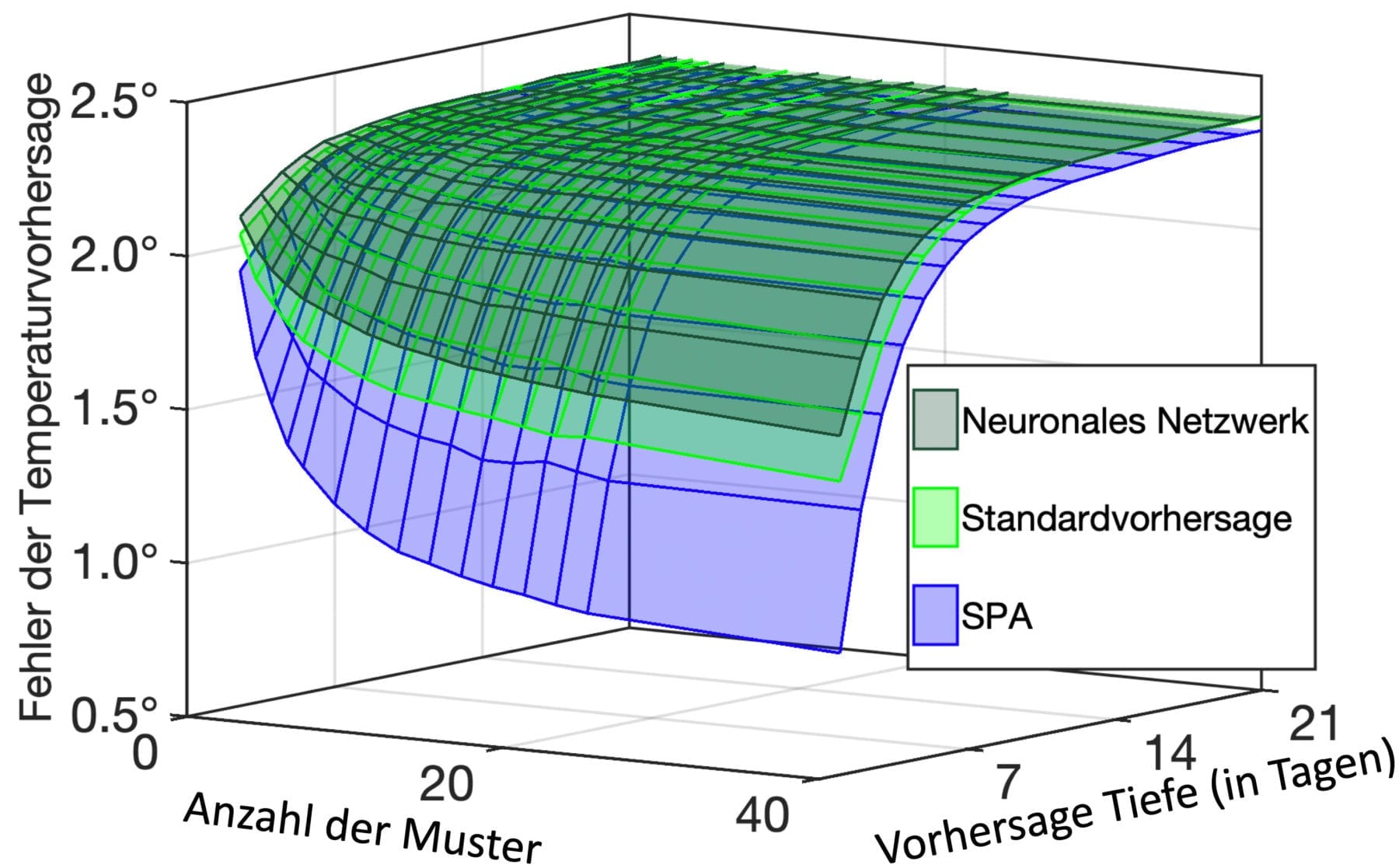via MedicalXpress
A promising molecule, called BT13, has offered hope for a new treatment that could stop or slow Parkinson’s, something no treatment can currently do.
Researchers from the University of Helsinki have found that molecule BT13 has the potential to both boost levels of dopamine, the chemical that is lost in Parkinson’s, as well as protecting the dopamine-producing brain cells from dying.
The results from the study, co-funded by Parkinson’s UK, showed an increase in dopamine levels in the brains of mice following treatment with the molecule. BT13 also activated a specific receptor in the mouse brains to protect the cells.
These findings suggest that BT13 could have the potential to lead to a new drug treatment that can slow, stop or even reverse the loss of brain cells in Parkinson’s.
Why is dopamine important?
Typically, by the time people are diagnosed with Parkinson’s, they have already lost 70-80 per cent of their dopamine-producing cells. These are involved in coordinating movement.
Current treatments mask the symptoms, but there is nothing that can slow down its progression or prevent more brain cells from being lost. As dopamine levels continue to fall, symptoms get worse and new symptoms can appear.
The role of BT13
Researchers are now working on improving the properties of BT13 to make it more effective as a potential treatment. If successful, this could benefit the 145,000 people living with Parkinson’s in the UK.
The study builds on previous research on another molecule that targets the same receptors in the brain, glial cell line-derived neurotrophic factor (GDNF), an experimental treatment for Parkinson’s which was the subject of a major clinical trial funded by Parkinson’s UK. While the results were not clear cut, GDNF has shown promise to restore damaged cells in Parkinson’s.
The GDNF protein requires complex surgery to deliver the treatment to the brain because it’s a large molecule. However BT13, a smaller molecule, could be more easily administered as a treatment if shown to be beneficial in further clinical trials.
“The molecule holds great promise”
Professor David Dexter, Deputy Director of Research at Parkinson’s UK, said: “People with Parkinson’s desperately need a new treatment that can stop the condition in its tracks, instead of just masking the symptoms.
“One of the biggest challenges for Parkinson’s research is how to get drugs past the blood-brain barrier, so the exciting discovery of BT13 has opened up a new avenue for research to explore.”
The Latest Updates from Bing News & Google News
Go deeper with Bing News on:
Parkinson’s
- Seniors in Mequon living center hit 30,000 steps to raise awareness for Parkinson's disease
"It's invigorating," Hanley said. But looking at their efforts, you wouldn't be able to tell that Hanley and Junker were diagnosed years ago with Parkinson's disease -- a neurodegenerative disorder ...
- From understanding Parkinson’s Disease to the increased rate of cancer cases, here are this week’s talkbacks
WGAL News 8 talks to professionals to give a better understanding of important events impacting the Susquehanna Valley.
- Hundreds race to spread awareness of Parkinson’s Disease
Executive Director Jane Rice Williams said the most important part for folks living with Parkinson’s is to stay active, showing that through the race.
- Bet on it: Handicapper John Murges isn’t letting Parkinson’s keep him down
The Chicago native and veteran sports bettor supplies selections to members of his handicapping service. At some point in 2022, Murges lost his sense of smell. Afternoon fatigue became commonplace.
- Fighting back against Parkinson: local boxing class helps improve quality of life for Parkinson’s patients
LAFAYETTE, KATC — LAFAYETTE, KATC - Nearly one million people in the United States are living with Parkinson’s Disease. This illness affects the central nervous system often resulting in involuntary ...
Go deeper with Google Headlines on:
Parkinson’s
[google_news title=”” keyword=”Parkinson’s” num_posts=”5″ blurb_length=”0″ show_thumb=”left”]
Go deeper with Bing News on:
BT13
- Feed has no items.
Go deeper with Google Headlines on:
BT13
[google_news title=”” keyword=”BT13″ num_posts=”5″ blurb_length=”0″ show_thumb=”left”]











